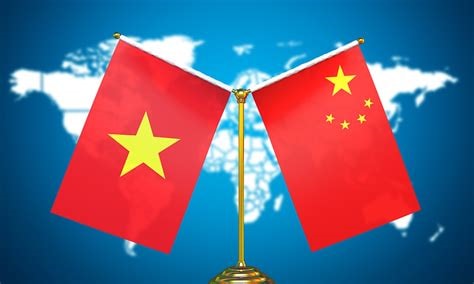
In a strategic move to bolster regional cooperation and economic resilience, Chinese President Xi Jinping has signed a series of agreements with Vietnam, focusing on infrastructure development. These deals, which include ambitious cross-border rail projects, are part of China’s Belt and Road Initiative (BRI).
The initiative aims to enhance connectivity, reduce economic dependency on the United States, and limit the impact of tariffs imposed by former U.S. President Donald Trump on China’s economy, given the significant volume of Chinese exports to the U.S.
Vietnam, meanwhile, finds itself navigating a delicate geopolitical landscape. With impending U.S. tariffs set to resume in July, the country is actively negotiating to mitigate their impact while maintaining a balanced relationship with both superpowers. Despite this, China has not substantially assisted Vietnam by relocating production of certain goods to Vietnam to bypass U.S. tariffs, leaving Vietnam to find its own path amid the growing trade pressures. This dual approach underscores Vietnam’s commitment to fostering economic growth without alienating key partners.
During the signing ceremony, Xi Jinping emphasized the importance of friendship and cooperation between China and Vietnam. He reiterated that a tariff war yields no winners, advocating for collaborative solutions to global economic challenges. The agreements signal a deepening of ties between the two nations, reflecting shared interests in infrastructure development and regional stability.
As the world watches these developments, the agreements between China and Vietnam highlight the complexities of international trade and diplomacy in an era of shifting alliances and economic uncertainty.
Let me know if there’s anything else you’d like me to refine!




